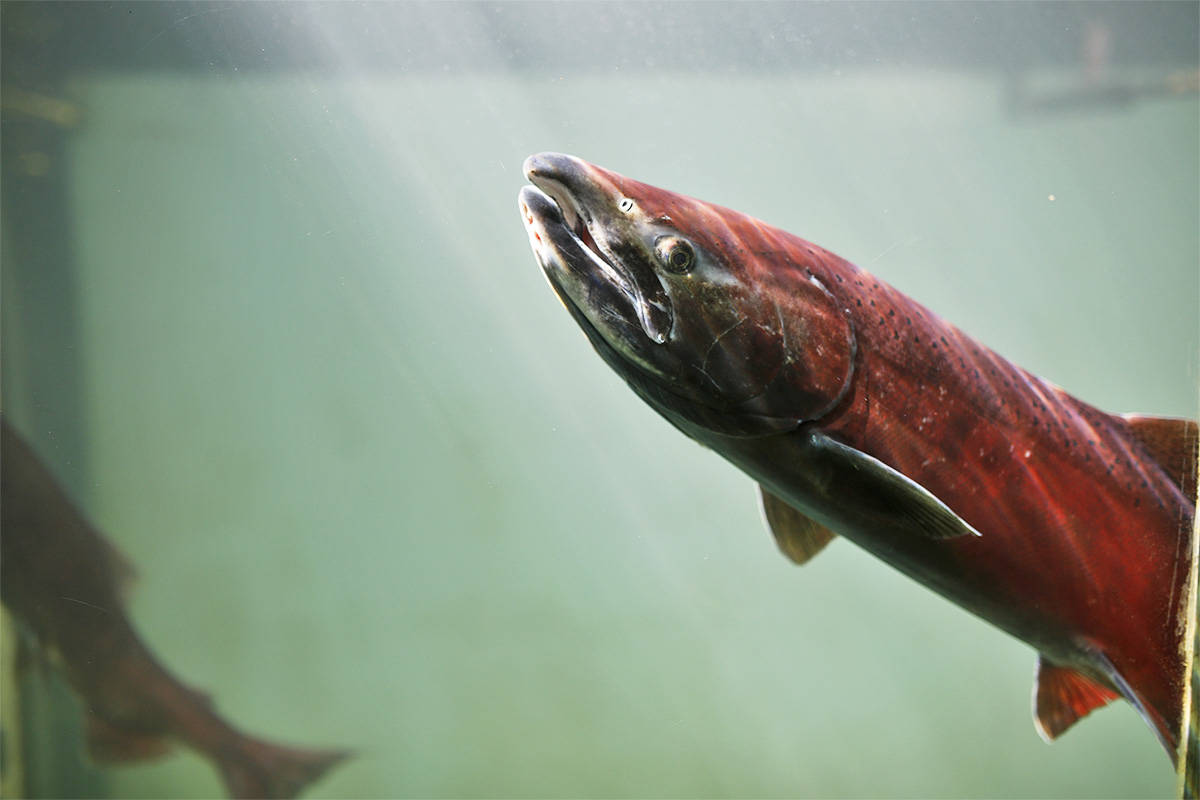Few things bring Alaskans together more than sportfishing. When we stand next to each other in hip boots, casting lines into beautiful, glacial fed water, day-to-day controversial topics dissolve. Politics, race, and creed are irrelevant. We are simply Alaskans who love to fish in this exquisite playground provided by our Creator. The world sees Alaska as a model for management and open public process regarding decisions that impact the rivers and streams with which we are blessed.
That model has allowed Alaska’s fisheries to be an integral and significant part of our economy. At present, constituents are concerned about the health of the Cook Inlet fishery. Annually, hundreds of calls and emails from Alaskans seek the status of salmon runs. The reports in recent years have been dismal and concerning to Alaskans because they not only enjoy the thrill of catching fish, but more importantly, they rely on the high-quality protein to fill their freezers and sustain their families.
As pointed out in a recent editorial, the value of fish in the Cook Inlet region is maximized when the fish are made available directly to individuals. The idea that sportfishing is a hobby that provides merely a distraction from the hustle and bustle of an 8-5 job is misplaced. Alaskans don’t just love access to fishing — they need it.
In the coming days, the Board of Fisheries will meet to make critical decisions affecting the future of fishing in Cook Inlet — from Kasilof to Mat-Su. This group of volunteers has the best interests of the state’s fisheries at heart, and we are grateful for their service. We encourage Alaskans to take advantage of this process by testifying in person at the Egan Center in Anchorage Feb. 8-9 (though we note, Alaskans with an interest in testifying will need to sign up before 3 p.m. on Friday, Feb. 7).
Emphasis should be placed on putting more fish into the rivers and streams of Cook Inlet. Salmon and other fish must be prioritized for the owners of the resource first, and later for commercial sale. This means increasing access to personal use fisheries, especially in the Matanuska-Susitna Valley which has struggled with low fish returns in recent years. Management practices must change to address this real and troubling problem.
It is only fair to ask the Board to enact policies that strengthen and share the important work of conservation among all users. One user group should not be charged alone with the work of conserving a commonly enjoyed resource; it is well past time to require all user groups to do their part.
The good news is the state has pioneered great tools that are at the Board’s disposal to address this issue. Paired restrictions on the Kenai should be stronger and we encourage the Board to make that management tool available in other areas of our state. Another tool, the conservation corridor in use in the Cook Inlet, has helped relieve pressure from the fleet and allowed passage of more fish to the Mat-Su. It also should be strengthened and expanded as science dictates.
It is our hope that the Board members will keep individual Alaskans in the forefronts of their minds as they make decisions regarding the best ways to manage this precious resource. They must remember that Alaskans who fish, are fishing for personal consumption.
We maintain that the most important fish in Alaska are the fish on Alaskans’ dinner plates.
“Alaskans first.” We’ve heard those words throughout our state’s history, and they remain a compelling call to action today. Hardworking Alaskans deserve priority access to the state’s fish. Just like our oil, which is held in common for the benefit of all citizens, our fish should be managed and sustained for the maximum benefit of the people: to feed our families and our spirits, now and for generations to come.
• By Sens. Shelley Hughes and Bill Wielechowski and Reps. DeLena Johnson and Chris Tuck

